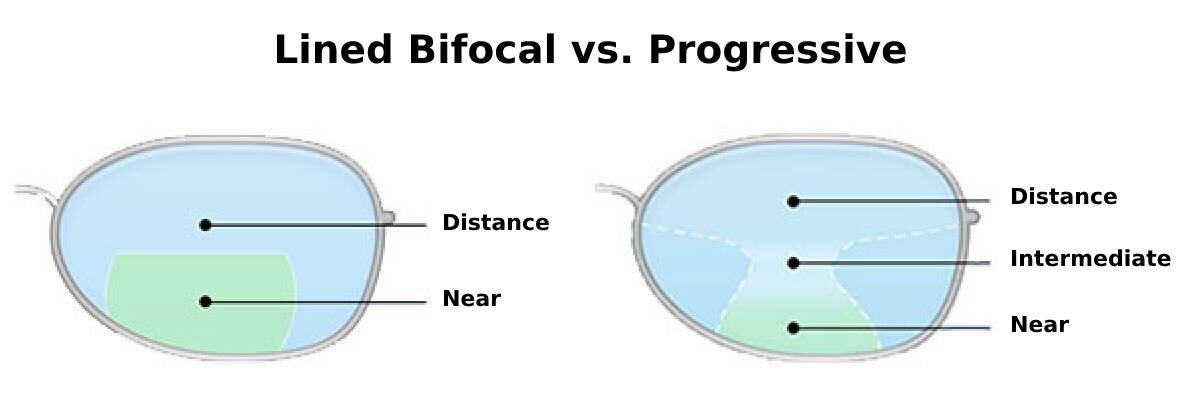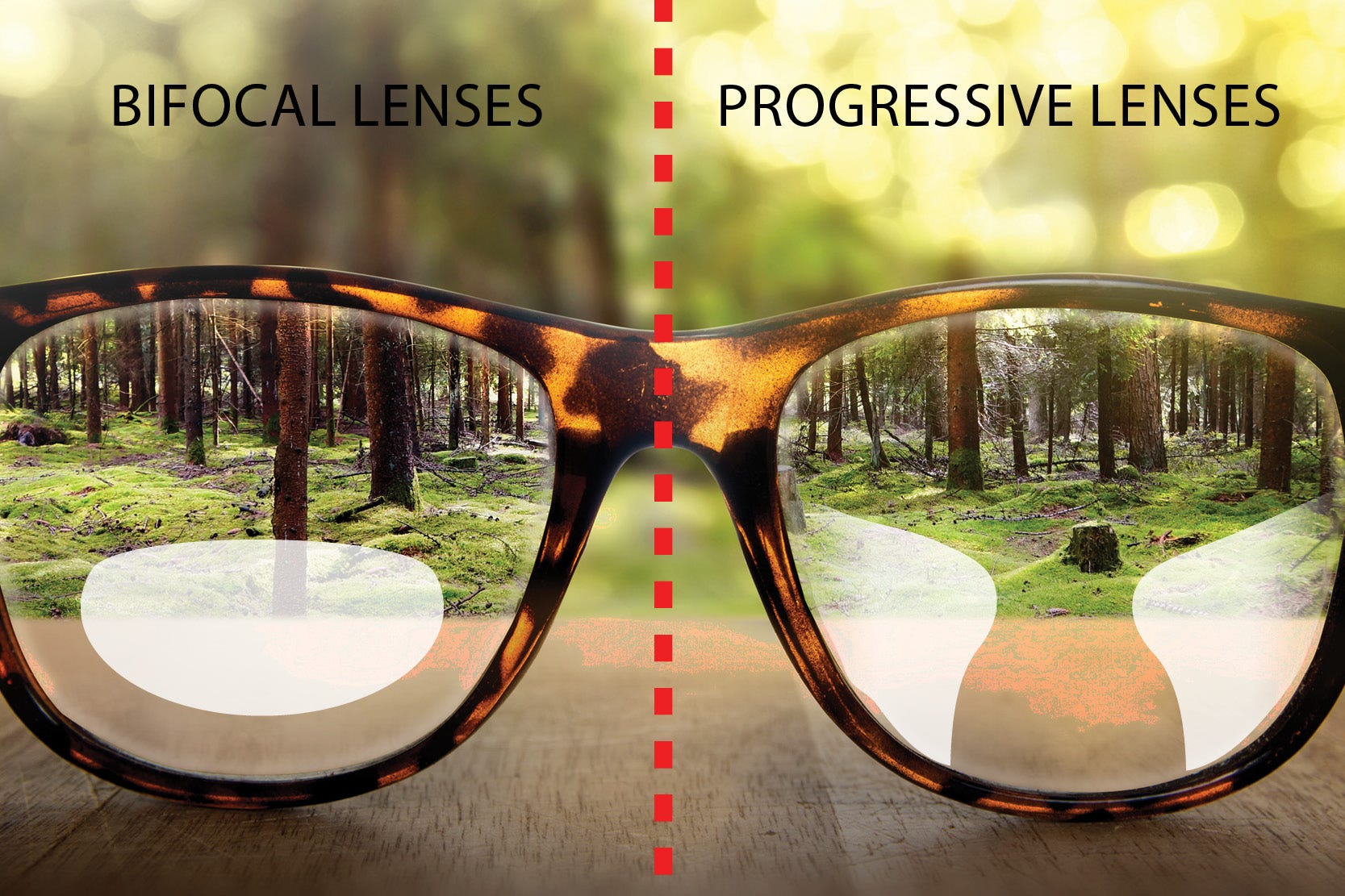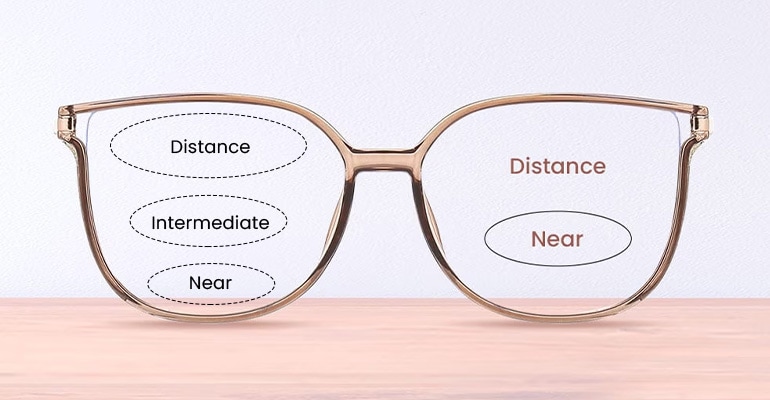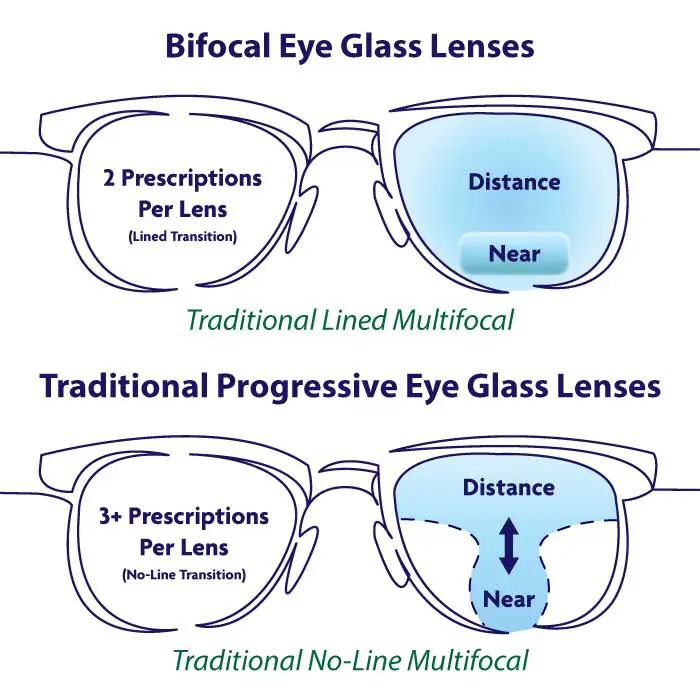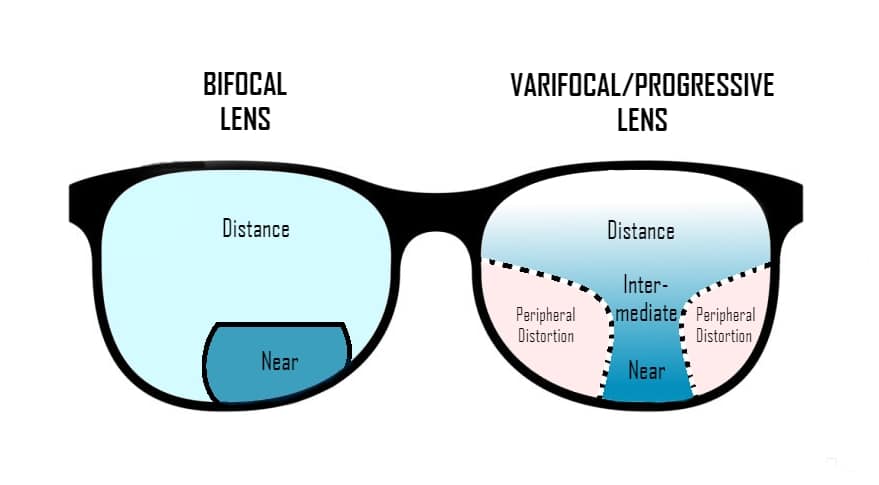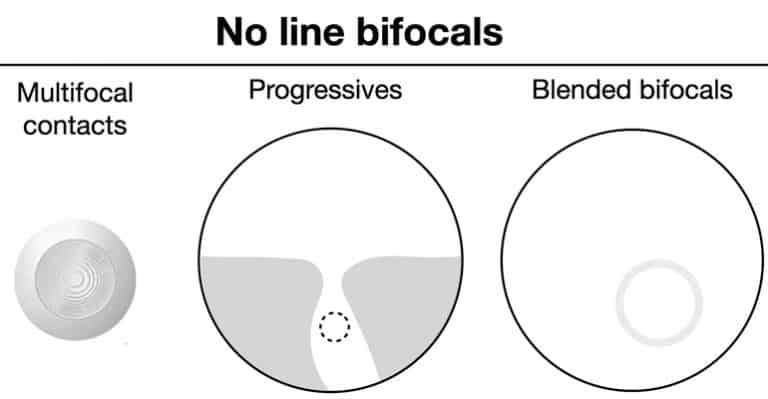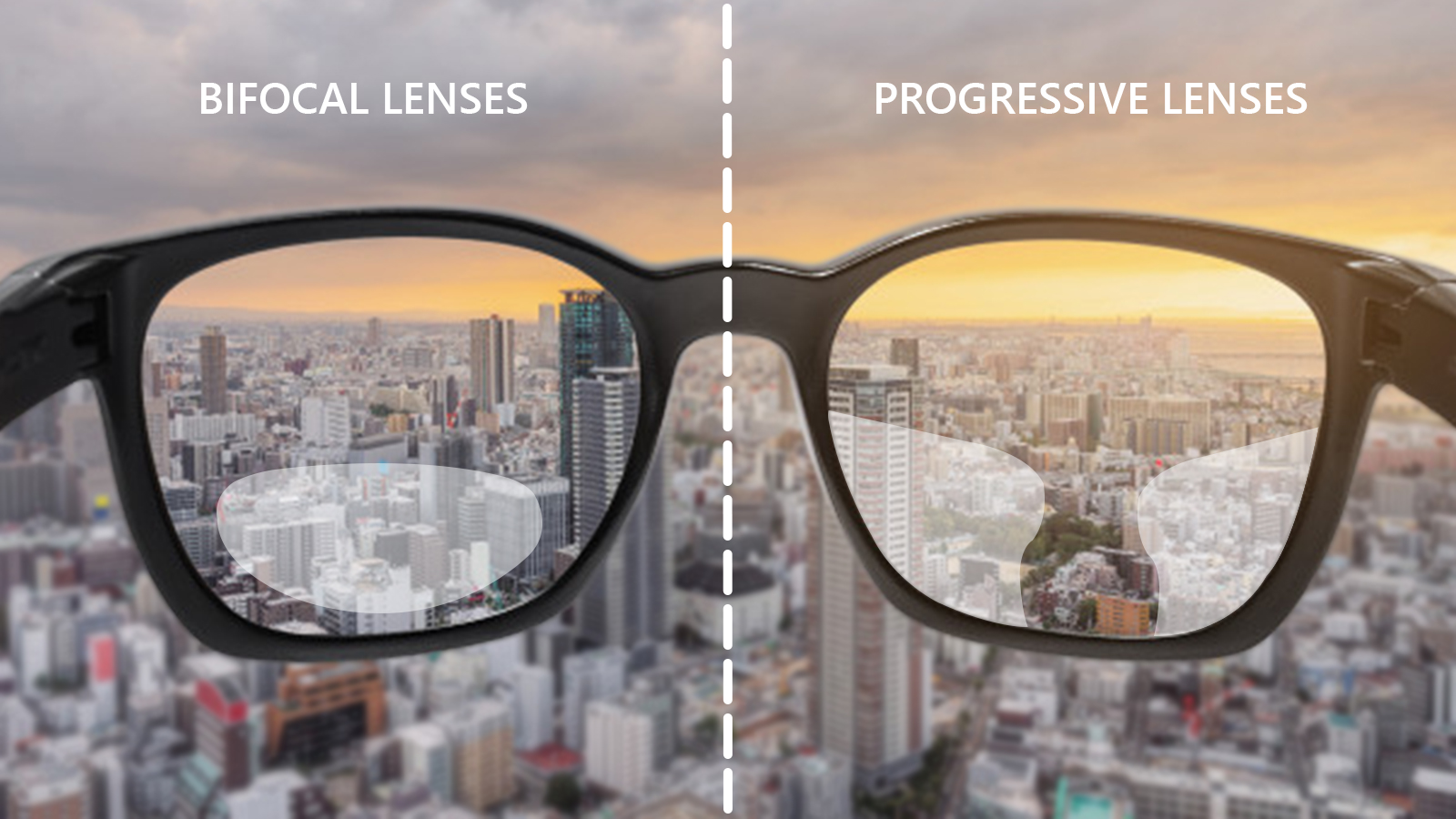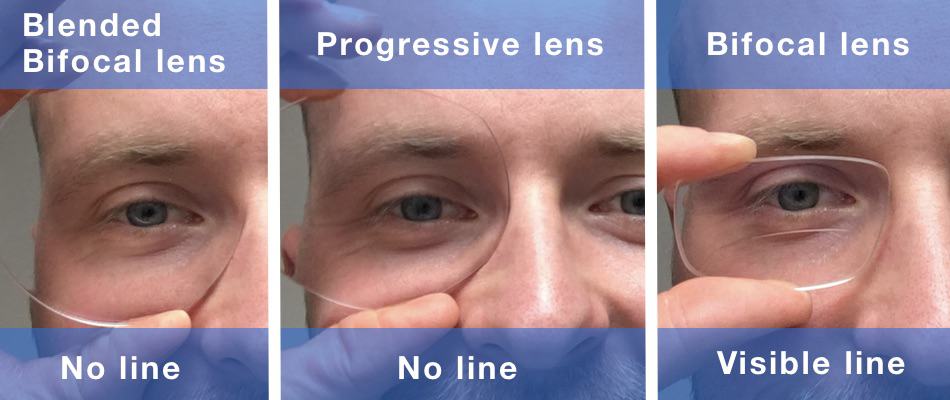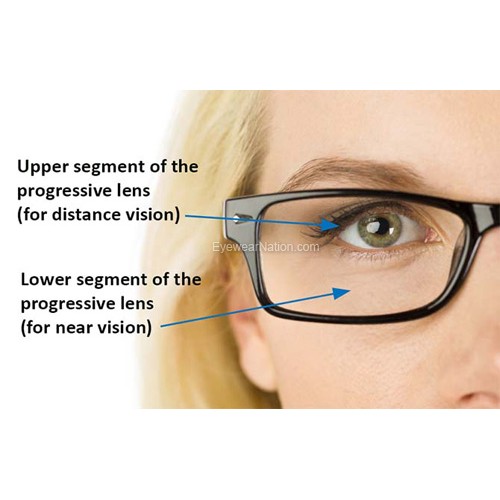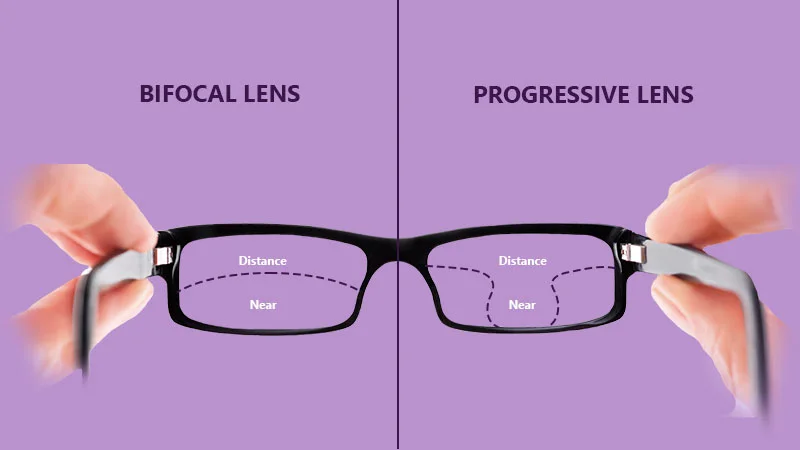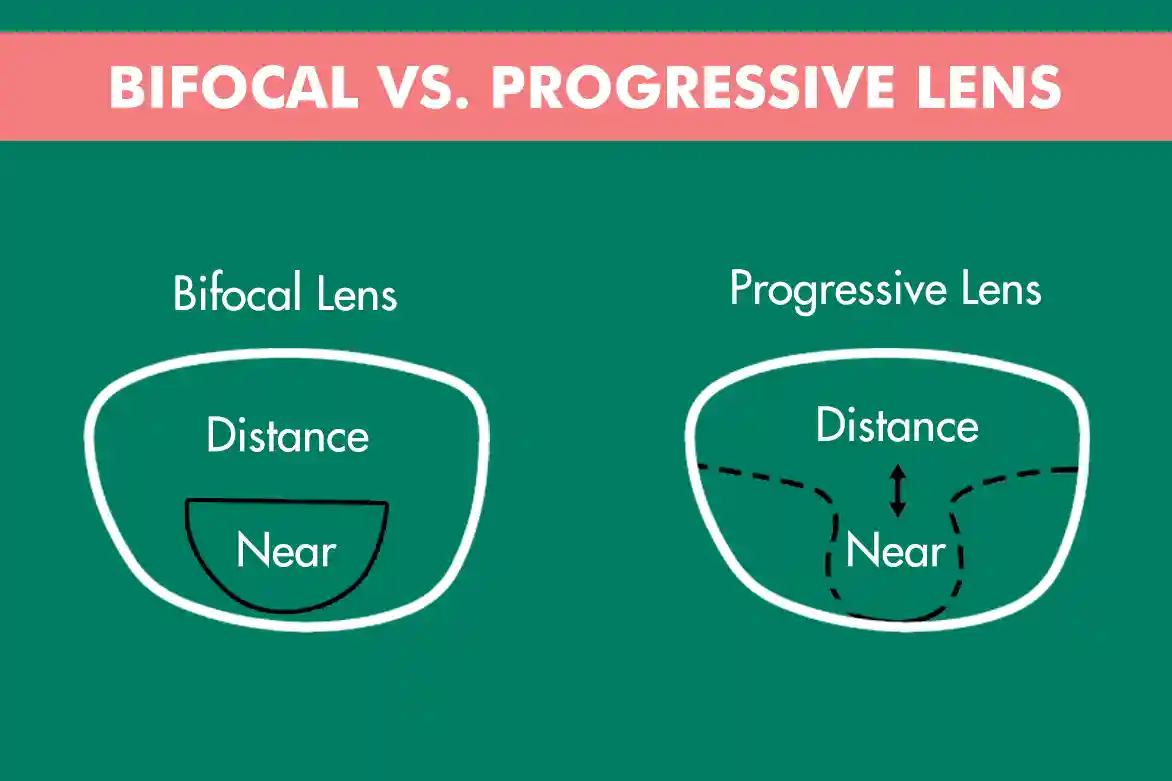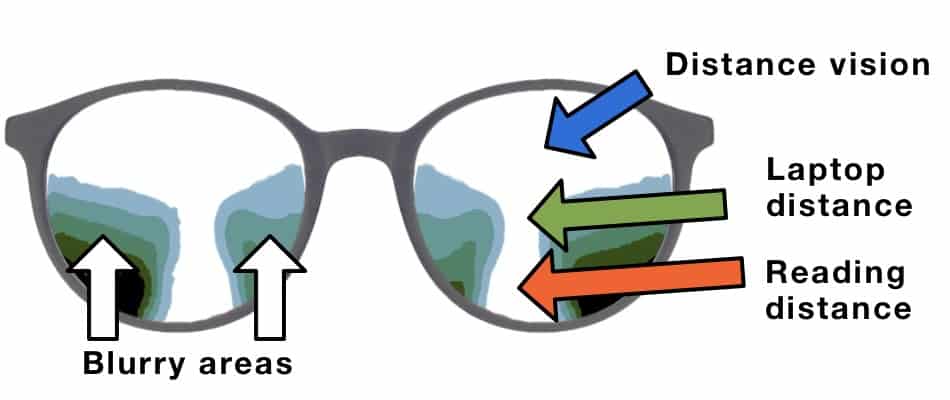Are Progressive Lenses The Same As No Line Bifocals
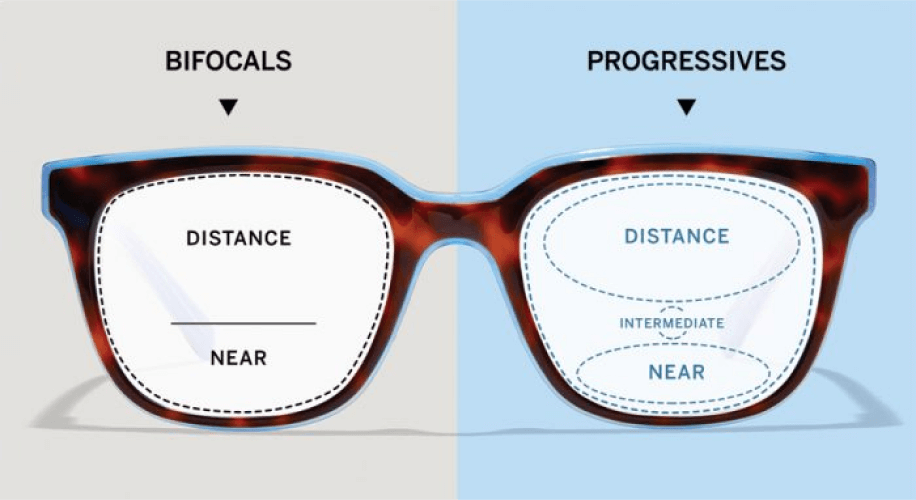
For those navigating the complexities of age-related vision changes, selecting the right type of corrective lenses can feel like a daunting task. Often, the terms "progressive lenses" and "no-line bifocals" are used interchangeably, causing confusion and potentially leading to mismatched expectations.
Understanding the nuances between these lenses is crucial for ensuring optimal vision correction and overall satisfaction. This article delves into the specifics of progressive lenses and no-line bifocals, clarifying their similarities and differences, and providing insights for making informed decisions.
What are Progressive Lenses?
Progressive lenses are a type of multifocal lens designed to provide a seamless transition between different focal points. Unlike traditional bifocals or trifocals with visible lines separating the zones, progressive lenses offer a gradual change in power from distance vision at the top of the lens to near vision at the bottom.
This smooth progression eliminates the abrupt image jump experienced with lined multifocals, providing a more natural and comfortable visual experience. They correct for presbyopia, the age-related loss of near vision, allowing individuals to see clearly at all distances without switching glasses.
Understanding No-Line Bifocals
The term "no-line bifocals" is often used as a marketing term to describe progressive lenses. While technically accurate in that they lack a visible line, it can contribute to the confusion surrounding the different types of multifocal lenses.
Essentially, when someone refers to no-line bifocals, they are almost always referring to progressive lenses. The key distinction lies in the absence of the visible line, offering a more aesthetically pleasing appearance compared to traditional lined bifocals.
Similarities Between Progressive Lenses and "No-Line Bifocals"
The primary similarity between progressive lenses and what's marketed as "no-line bifocals" is their intended function: to correct for presbyopia. Both lens types aim to provide clear vision at various distances without the need for multiple pairs of glasses.
Both achieve this by incorporating multiple prescriptions into a single lens. Also, both lenses have no visible line like bifocals.
Key Differences and Considerations
While the term "no-line bifocals" essentially describes progressive lenses, it's important to understand that not all progressive lenses are created equal. Different manufacturers offer varying designs and technologies that impact the field of vision and overall user experience.
Some progressive lenses may have wider intermediate zones for better computer use, while others prioritize distance vision. Choosing the right progressive lens design depends on individual needs and lifestyle.
The fitting and adjustment of progressive lenses are critical for optimal performance. A skilled optician will take precise measurements to ensure the lenses are positioned correctly in front of the eyes, maximizing the usable viewing areas and minimizing distortion.
Potential Challenges and Adaptation
Some individuals may experience an adaptation period when first wearing progressive lenses. This can involve slight blurring or distortion in the peripheral vision, particularly when moving the head quickly.
However, most people adjust within a few days or weeks as their brain learns to interpret the new visual input. Persisting issues should be addressed with an eye care professional.
According to the American Academy of Ophthalmology, proper fitting and realistic expectations are key to successful adaptation. Certain individuals, particularly those with strong prescriptions or complex visual needs, may require specialized progressive lens designs.
Making an Informed Decision
The best approach is to consult with an eye care professional for a comprehensive eye exam and a discussion of your visual needs and lifestyle. Be sure to ask about the different progressive lens options available and their potential benefits and drawbacks.
Don't hesitate to ask specific questions about the field of view, potential for distortion, and adaptation period. By understanding the nuances of progressive lens technology and working closely with your eye care provider, you can make an informed decision and achieve clear, comfortable vision at all distances.
Looking Ahead
Advancements in lens technology continue to refine progressive lens designs, offering wider fields of view, reduced distortion, and improved overall visual comfort. Expect to see further customization options tailored to specific lifestyles and visual demands.
As awareness of the benefits of progressive lenses grows, the confusion surrounding "no-line bifocals" should diminish. Education and clear communication between eye care professionals and patients will be crucial in ensuring individuals receive the most appropriate vision correction solutions for their needs.
Ultimately, whether you call them progressive lenses or no-line bifocals, understanding their function and potential benefits is the first step toward clearer, more comfortable vision for years to come.
